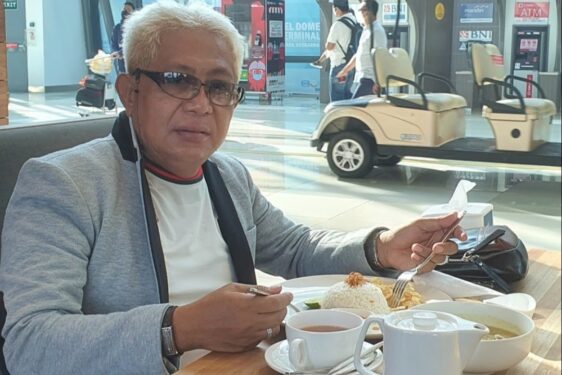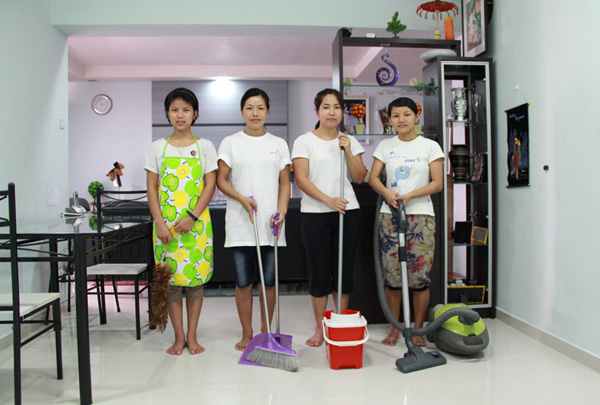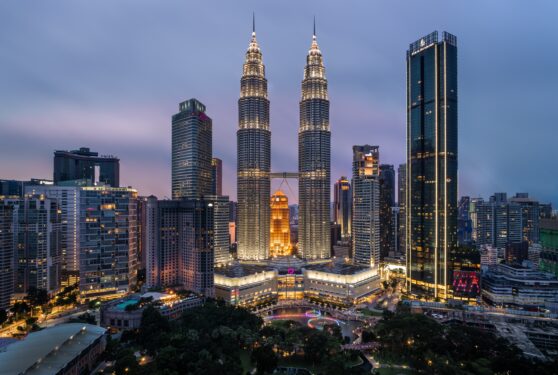UNLESS Putrajaya can guarantee protection of Indonesian migrant workers in Malaysia, Malaysian households can expect to continue facing prolonged domestic worker crunch as the Indonesian Association of Migrant Worker Placement Companies (ASPATAKI) has insisted on prioritising safety and protection over profit.
Making a stinging remark that recruitment agencies in Malaysia are only game for profits but have little concern over welfare of the migrant workforce, ASPATAKI chairman Saiful Mahsud said such stance will be encapsulated in the memorandum of understanding (MOU) between Malaysia and Indonesia that is slated to be inked in early April.
“All ASPATAKI members will not place a single Indonesian migrant worker for the domestic sector if the protection aspect is not met even though businessmen try to make profit,” he was cited as saying on the ASPATAKI news portal.
“For us, safety and protection of every migrant Indonesian worker is our top priority. Other business-to-business (B2B) matters will be discussed after the MOU is signed.”
For the record, the Employment and Protection of Indonesian Domestic Migrant Workers MOU which was scheduled to be signed on March 17 by both Jakarta and Putrajaya has been pushed back to April 1.

The event is expected to be witnessed by both heads of state, namely Malaysian Prime Minister Datuk Seri Ismail Sabri Yaakob and Indonesian President Joko Widodo.
The latest ASPATAKI stance is not surprising as it is a known fact that Indonesian migrant domestic workers in Malaysia encounter a wide range of human rights abuses in the workplace – from extremely long hours of work without overtime pay to no rest days; incomplete/irregular wage payment; psychological, physical, and sexual abuses; poor living conditions; and restrictions on freedom of movement and ability to practice their religion.
At the end of the day, Saiful hopes that Malaysian recruitment agency association should do their bit to protect their workers instead of merely prioritising “profit and loss or the cheap/expensive cost of protecting Indonesian foreign workers”.
With majority of its members placing Indonesian migrant workers in Southeast Asia, ASPATAKI had earlier stressed that it would only cooperate with the Malaysian worker agencies whose members are also members of the One-Channel System (OCS) or MyOCS (Malaysia One-Channel System) where the spirit of transparency and accountability prevails.
This encompasses the period of pre-placement to the working period to post-placement of the migrant workers until they return to their hometown safely (with transparent monitoring).
“… only this placement model has been agreed upon by the two countries for the domestic sector, namely the OCS and nothing else, so we must obey and run it,” added Saiful.
Commenting on the matter, migrant worker rights specialist Andy Hall said corruption that is endemic in the system “just adds unnecessary costs to simple migration journeys”.
“The migration is simple and easy, made complex but vested interests and corruption that make it unnecessarily costly both for employers and for workers alike,” he told FocusM. “And usually with smaller businesses, many costs are borne by workers which leads to debt bondage and hence forced labour”. – March 24, 2022









